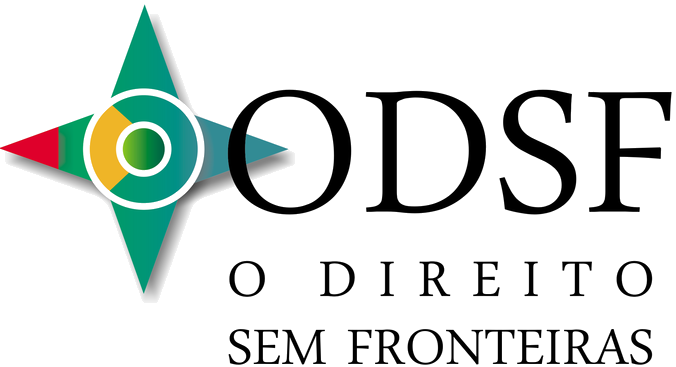It is well known that many Brazilian students are now looking abroad for their academic formation or to complement it. Moreover, many foreigners are also seeking similar opportunities in Brazil.
Thus, both Brazilians that have studied abroad and foreign graduates that are arriving in Brazil will have to go through the process of revalidating their diplomas.
Below, we indicate the main guidelines in order to enable the recognition of diplomas that have been obtained abroad at high school, elementary and university levels.
First, it is important to know that school and university documents must be legalized at the Brazilian consulate in the country where they were issued, as applies to all documents issued abroad.

In Brazil, the recognition of certificates of studies at elementary and middle levels is conducted by the State Education Departments (Secretarias Estaduais de Educação), and does not involve the Ministry of Education.
Students must provide a translated list of the courses taken as well as a translation of the diploma by an publicly certified translator (tradutor juramentado), and must be in possession of transcripts relative to previous studies in Brazil. With these documents, they should go to the State Secretary of Education at the desired place of residence and apply for equivalency.
After obtaining this equivalency, they will be able to continue their studies at elementary and middle levels, or use the documentation for arrangements regarding higher education access.
With regard to the revalidation of graduate and postgraduate studies in Brazil, public universities are responsible for the revalidation of these diplomas.
This process begins with the legalization of documents relating to the educational formation at the Brazilian consulate of the location where one has completed one’s studies. Afterwards, one needs to know which documents require certified translation, that should be carried out by the Brazilian public institution of higher education chosen for the revalidation of the diploma.
Having gathered the necessary documents, applicants must then apply for revalidation at the chosen institution. In order to determine which educational institution has similar or related courses in one’s area, one can consult the list of institutions on the website of the Department of Higher Education of the Ministry of Education (Secretaria de Educação Superior do Ministério da Educação), at http://portal.mec.gov.br/sesu/
In addition, applicants must pay a fee for the cost of administrative expenses. This value may vary from institution to institution.

For the analysis of equivalency towards diploma revalidation, a special Committee will be formed, composed of professors from the university itself or from other institutions, that have compatible qualifications with the area of knowledge and the level of the degree to be revalidated.
It is important to note that, should there be any doubt about the similarity of the course, the Committee may determine the realization of exams and tests, that will be provided in English, with the aim of characterizing the equivalency.
Moreover, applicants may conduct additional studies, if the outcome of the comparison of degrees, as well as exams and tests, prove a non-fulfillment of the minimal conditions.
However, one should also pay attention to the amount of time required for the diploma revalidation in Brazil. The deadline for the university to comment on the revalidation application is 6 months from the date of entry of the document in the institution.
Thus, according to Law no. 9.394/1996, article 48, diplomas of higher education that have been recognized, once registered, have national validity as evidence of the training received by their holder. The diplomas are issued and registered by the universities that accompanied the process.
However, if the diplomas of graduation and specific sequential training have been emitted by non-university institutions, they will be registered by accredited universities, regardless of prior approval of the National Education Council (Conselho Nacional de Educação), in accordance with resolution CNE/CES n. 12/2007.
Finally, it is worth clarifying that Law n. 9.394, of 20 December 1996, did not discipline the revalidation of post-graduation lato sensu. No ruling has since been elaborated by the National Council of Education on this topic.
For more information visit: http://portal.mec.gov.br/
(Vanessa C. Bueno)
* Translation of: Processo de revalidação de diplomas no Brasil
[*Image source: Unsplash]







